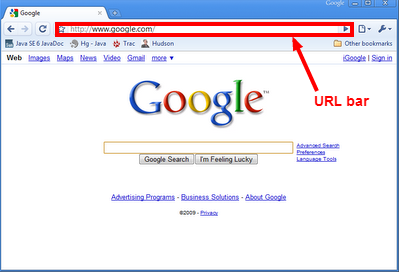For Better SEO, Use Hyphens and Not Underscores in Your URL
URL (Uniform Resource Locator) is the address of a web page.
Here’s an example:
Using grammatical connotations correctly plays a huge role in good SEO. While that may be limited to the content, it is also significant that these elements of language have a role to play in all things web. An element as simple as hyphen or the underscore can make a difference
Underscores and Hyphens – The Basics
As far as URLs go, Google or any search engine for that matter considers the hyphen as the standard word separator.
Therefore, “engine-block” makes the exact same sense to search engines as would the literal use of the conjunction in general language.
On the contrary, using an underscore as in the case of “engine_block” translates to “engineblock”.
Put simply, underscores are invisible to search engines when it comes to translating the URL. So, you should better avoid using them.
In other scenarios, they function as originally intended.
Ensure that your website’s URLs translate into exactly the same search criteria as users intend to rather than using metaphorical substitutes that make no sense at all.
Often, it is minute errors like these that can drive all that desired incoming traffic away – all for the placement of a dash.



